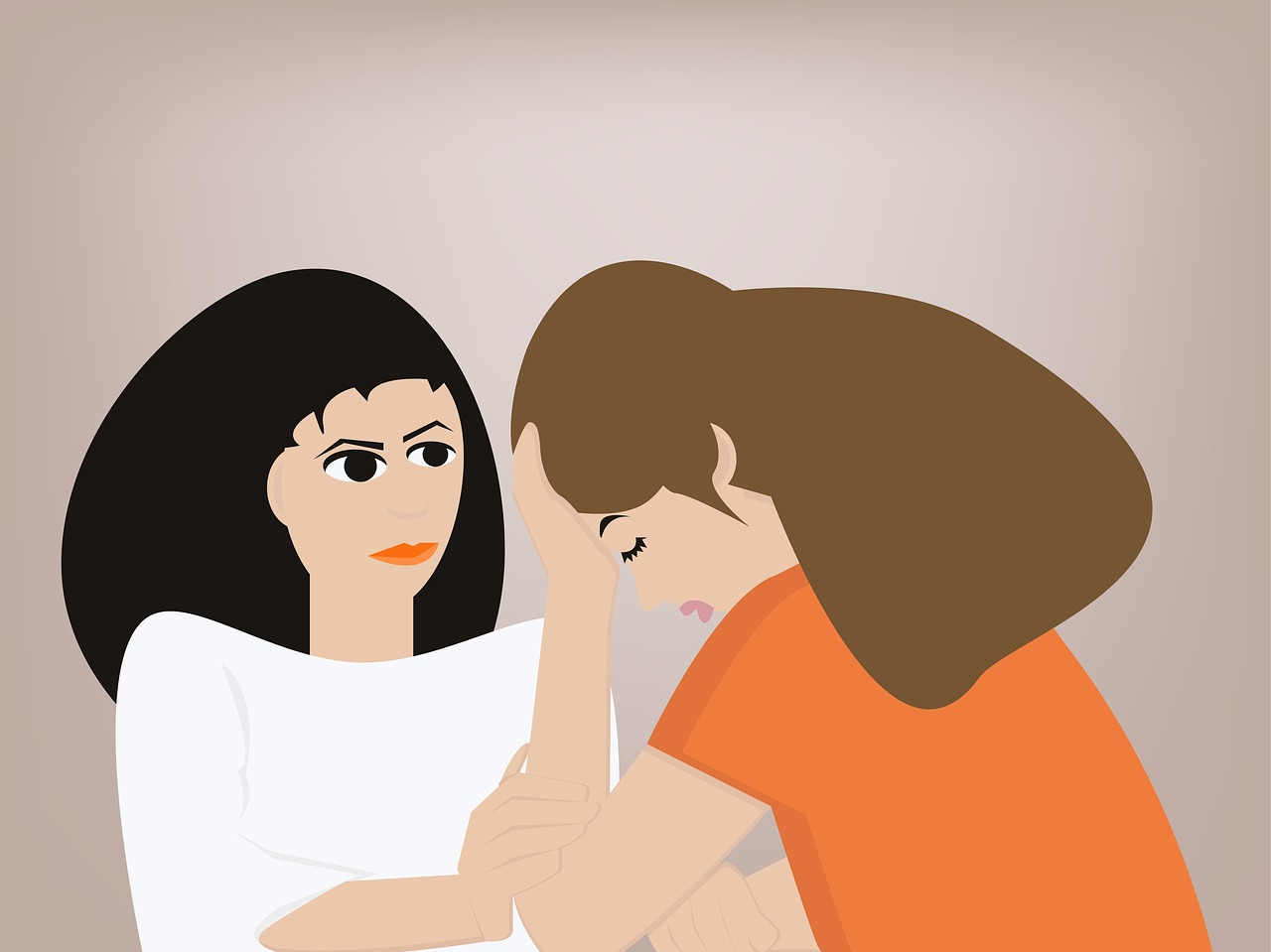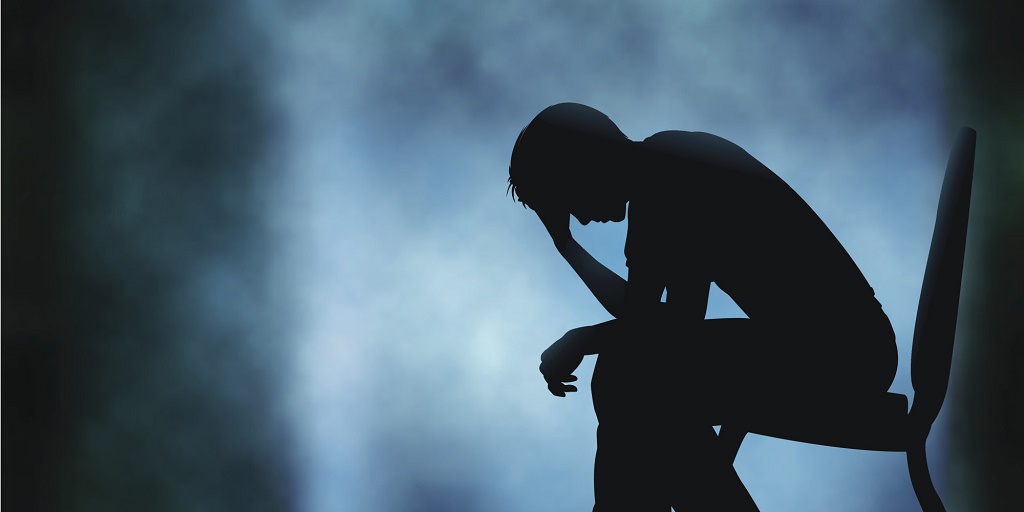
If there is one thing that the Covid-19 pandemic has done to the whole of humanity, it is that it has plunged the whole of humanity into uncertainty and restlessness. It is for the first time that people throughout the world have begun to feel helpless, restless and uncertain for the future. All of this is taking a toll on people’s mental health, particularly for those who are already living with pre-existing physical or mental conditions such as anxiety or Obsessive Compulsive Disorder(OCD). So in these difficult and challenging times, how should we take care of our mental wellbeing and how should we grapple with an altered reality which surrounds us?
Be Aware But Not Obsessed
It is very important for us to draw the fine line between being aware and informed about what is happening in our own country and the world outside as far as progress with the pandemic is concerned but it is an altogether different proposition to become obsessed with such information and cause a situation of panic. If we do this, we are making ourselves vulnerable to anxiety, fear and depression and it is most likely to make conditions really terrible for people with existing mental health problems.
Yes, the World Health Organisation (WHO) has released a series of guidelines and some great advice for protecting and keeping our mental health intact during the covid-19 pandemic and avoiding panic attacks and intensification of OCD, but are we doing enough to stay emotionally healthy?
At the root of many anxiety related disorders are the fear of being out of control and living with complete uncertainty regarding the future. People tend to keep feeling anxious about what could happen to them or their family members and what the coming weeks may look like, with the covid-19 pandemic becoming the biggest collective crisis faced by humanity. The golden rule of the entire matter is that we have to keep drawing the line between being aware and being obsessed or extensively preoccupied with the news or the facts.
Reading a lot of news about covid-19 may lead to panic attacks and it is but natural that when one is feeling anxious one’s thought process because irrational and one may even imagine catastrophic extremes.
It is also a good idea to take breaks from the bombardment of news websites and social media detox is key to manage one’s anxiety levels.
It is also very important to indulge in positive and life-affirming activities such as reading literature, indulging in creative pursuits like gardening, learning to play a new music instrument or painting and watching cinematic classics among a host of other activities.
It is in this context that one must remember-
- Limiting the amount of time that we devote on social media and news platforms or other avenues of information that don’t allow one to have a positive and life-affirming approach to life. Deciding to watch/read the news for a fixed period of time and not obsessing oneself with facts can be an important measure while we are in quarantine.
- Even amidst the pandemic, we see how a lot of misinformation is being spread and many non-authenticated portals are selling false/fake news. We need to fight against this swirl of misinformation and look out for only trusted sources of information that are recognised for their authenticity.
Mute the Unnecessary and Take a Social Media Detox Routine
It is very important that we take frequent breaks from social media and mute out all unnecessary source of information. While our health anxieties may prompt us to keep checking for information, what we also have to note is that over-indulgence can make us more worried and prone to panic attacks. Excessive negative information can trigger emotional vulnerability and make us weaker from inside. Having time away from social media, television and mobile phones and replacing them with good books or great music will leave behind a positive impact on our minds. Muting key words which might trigger negative thoughts on Twitter may help. Also we can try muting WhatApp groups and hiding Facebook posts if they seem to become too overwhelming.
Wash Your Hands But Don’t Obsess Over it
The covid-19 pandemic is one that demands us to keep washing our hands and sanitising them each time we touch something or venture outdoors apart from a series of other protocols but we often become excessively obsessed with it. Obsessive Compulsive Disorder(OCD)has been rising as people are becoming increasingly anxious regarding getting infected. For people suffering from OCD and some other serious mental health conditions, washing hands as an example has become especially difficult to hear. People are becoming obsessed about washing hands and the level of panic is only amplifying.
Medical health partitioners and doctors working with OCD patients say that it has become very important to understand whether an affected person is washing his/her hands for the recommended amount of time to reduce the risk of spreading the virus or has it turned into some sort of a ritual in a specific order to “just right”?
Another challenge for mental health patients is staying confined indoors for weeks and often living in complete self-isolation. If one stays at home throughout with nothing concrete to do, boredom and OCD both become worse.
Stay Emotionally Connected With Family and Friends
Staying in touch with the people who matter is extremely important to maintain one’s mental health and avoid boredom and a sense of being left-out. Striking the right balance between maintaining a routine and making sure that there is variety in each passing day is also quite important. This is a good time to read the books that you have always wanted to or watch films you like or pick up a hobby you weren’t able to continue due to work constraints etc.
Avoid Being Burnout, The Covid-19 Pandemic is a Long Haul
The covid-19 pandemic and the associated halt an all important activities is here to stay and it is a long haul before things become absolutely normal. It is natural for us to have days when we feel extremely down or depressed but it is important that we break free from this and revive ourselves. With weeks and months of the covid-19 pandemic ahead, its important that we access sunlight and spend time in nature for positive self-affirmation. Walking in one’s garden or sitting quietly in the balcony and watching the skies are important things that we may like to incorporate in our routines. Exercising and keeping our bodies fit and eating healthy are extremely important.
Anxiety UK suggests practicing what is called the “Apple” technique to deal with anxiety and worries during the pandemic.
Acknowledge: Notice and acknowledge the uncertainty as it comes to mind.
Pause:Don’t act as you normally do. Don’t react at all. Pause and breathe.
Pull Back: Tell yourself this is just the worry talking, and this apparent need for certainty is not helpful and not necessary. It is only a thought or a feeling. Don’t believe everything you think. Thoughts are not statements or facts.
Let Go: Let go of the thought or feeling. It will pass.You don’t have to respond to them. You might imagine them floating away in a bubble or cloud.
Explore: Explore the present moment, because right now, in this moment, all is well. Notice your breathing and the sensations of your breathing. Notice the ground beneath you. Look around and notice what you see, what you hear, what you can touch, what you can smell. Right now. Then shift your focus of attention to something else-on what you need to do, on what you were doing before you noticed the worry, or do something else-mindfully with your full attention.













